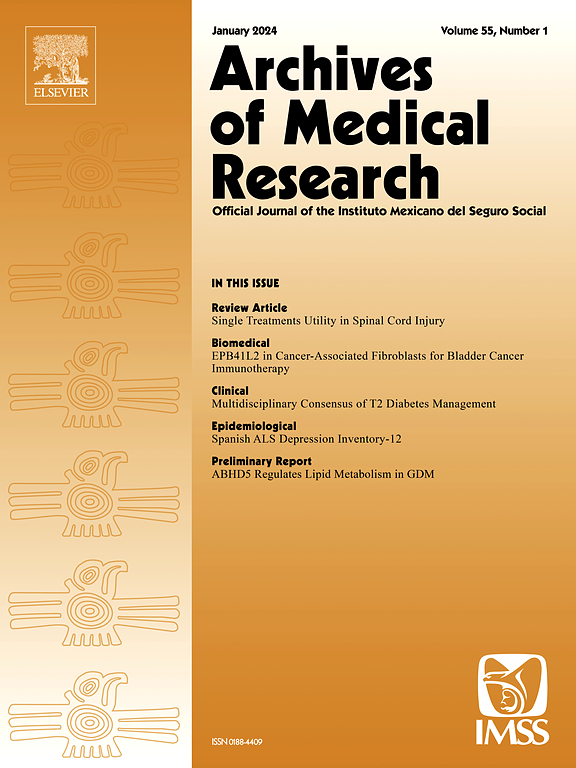Post COVID-19: Advancing medical laboratory service integration in nigeria and progress towards establishing integration guideline
IF 4.7
3区 医学
Q1 MEDICINE, RESEARCH & EXPERIMENTAL
引用次数: 0
Abstract
Background
The Nigerian healthcare system, including medical laboratories, operates in a three-tiered structure across public and private sectors. Lessons from COVID-19 show the urgent need for a guideline to drive medical laboratory service integration.
Problem
Lack of operational guideline to drive the integration of laboratory services has resulted in siloed operations across different medical laboratories causing duplication of resources, coordination issues, and inefficiencies.
Aim
To highlight the development processes of medical laboratory service integration guideline and discuss its key provisions.
Method
The Medical Laboratory Services Division (MLSD), Federal Ministry of Health (FMoH) initiated the development of a national guideline for integrating medical laboratory services. Partnering with stakeholders and engaging two consultants, a technical workshop was facilitated in January 2024. The Consultants garnered the initial inputs stakeholders made at the five-day meeting. The inputs were collated and organized to produce the guideline. The guideline was circulated to participants and other stakeholders for review and feedback received was used to finalize the document. The MLSD with support from partners further held a three-day stakeholders’ meeting in May 2024 to validate the document before submitting it to the Health Minister for endorsement.
Result
The guideline sets standards for achieving medical laboratory services and systems integration across different medical laboratories. The contents of the guideline are enumerated and respective recommendations made under each element are highlighted.
Conclusion
The implementation of the guideline will help harmonize services, improve access to diagnostics, streamline processes, reduce redundancies, optimize resource utilization, enhance communication, data sharing, and pandemic preparedness.
后 COVID-19:推进尼日利亚医学实验室服务一体化以及在制定一体化准则方面取得的进展
背景尼日利亚的医疗保健系统(包括医学实验室)以三级结构在公共和私营部门运行。问题缺乏推动实验室服务整合的操作指南,导致不同医学实验室之间各自为政,造成资源重复、协调问题和效率低下。方法联邦卫生部医学实验室服务司(MLSD)着手制定整合医学实验室服务的国家指南。通过与利益相关方合作并聘请两名顾问,于 2024 年 1 月举办了一次技术研讨会。顾问收集了利益相关方在为期五天的会议上提出的初步意见。这些意见经过整理和组织后形成了该指南。该指南已分发给与会者和其他利益相关者审查,收到的反馈意见被用于文件的定稿。在合作伙伴的支持下,医学实验室发展部还于 2024 年 5 月举行了为期三天的利益相关者会议,以验证该文件,然后将其提交卫生部长批准。结论该指南的实施将有助于协调服务、改善诊断服务、简化流程、减少冗余、优化资源利用、加强沟通、数据共享和大流行病防备。
本文章由计算机程序翻译,如有差异,请以英文原文为准。
求助全文
约1分钟内获得全文
求助全文
来源期刊

Archives of Medical Research
医学-医学:研究与实验
CiteScore
12.50
自引率
0.00%
发文量
84
审稿时长
28 days
期刊介绍:
Archives of Medical Research serves as a platform for publishing original peer-reviewed medical research, aiming to bridge gaps created by medical specialization. The journal covers three main categories - biomedical, clinical, and epidemiological contributions, along with review articles and preliminary communications. With an international scope, it presents the study of diseases from diverse perspectives, offering the medical community original investigations ranging from molecular biology to clinical epidemiology in a single publication.
 求助内容:
求助内容: 应助结果提醒方式:
应助结果提醒方式:


